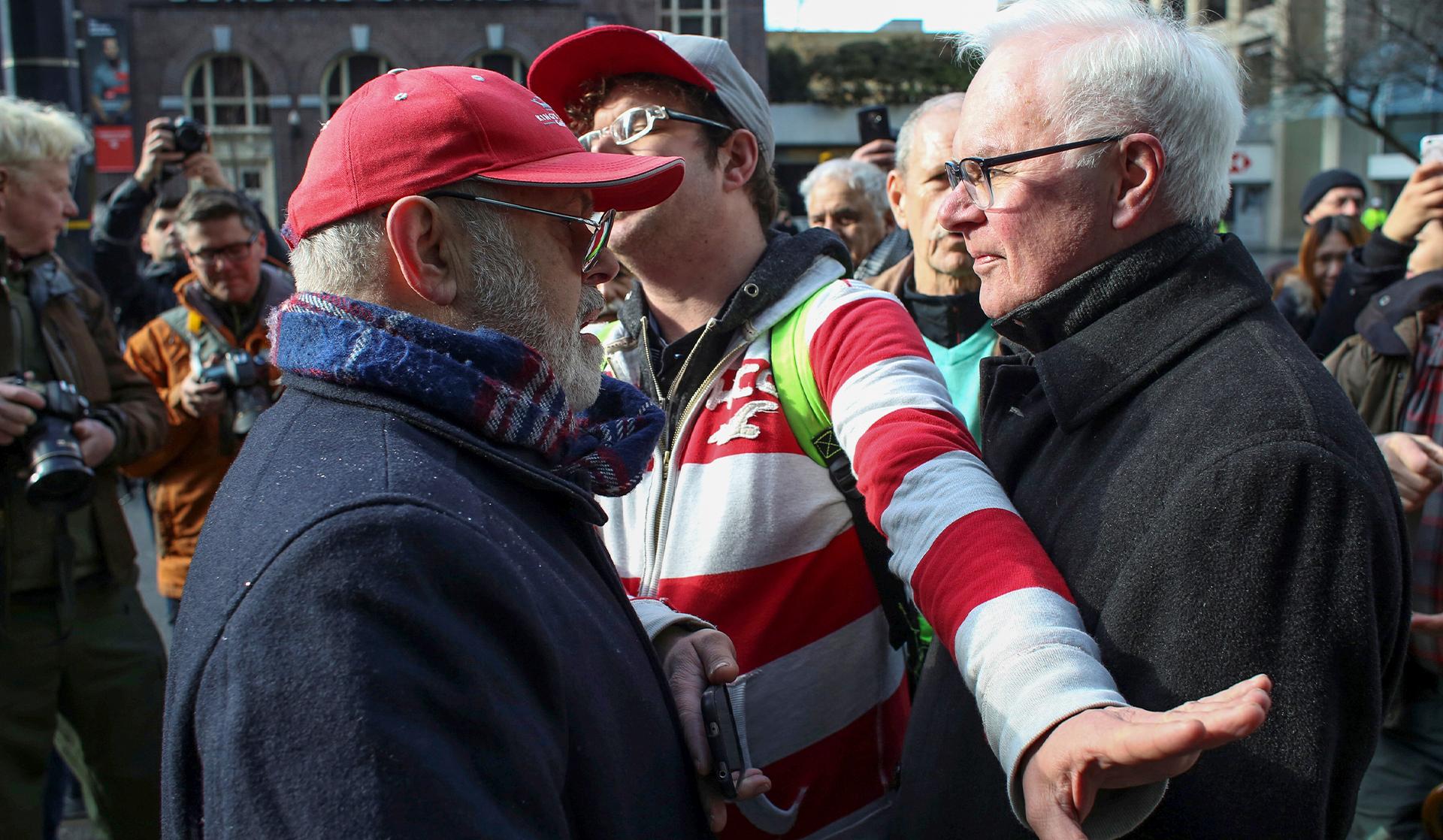Ever look at a member of an opposing political party and wonder, “How could they possibly hold those despicable beliefs?”
It may seem like a dismissive question, but actually knowing the answer might help heal the country’s political divide, according to new research from Michael Gill, professor of psychology, and Raihan Alam ’23, a doctoral student at the University of California San Diego.
In their study, self-identified partisans who read a personal history, or “historicist narrative,” about a member of the opposing party exhibited a significant reduction in animosity toward members of the opposing party as a whole.
The “historicist narrative”—a story-like description of how an individual developed her character and worldview through formative life experiences (e.g., experiences that shaped her passionate liberalism)—has been a key feature of much of Gill’s prior research on blame.
“With the ability to apply historicist thinking, we can reduce our tendency to be hostile and punitive toward those whom we disagree with, and be more willing to apply compassion and empathy in our interactions with them,” said Alam, who as an undergraduate at Lehigh founded the Douglass Dialogues, a student club that encourages civil discourse about social, cultural and political topics.
The study included four experiments. Two tested interventions with participants who self-identified as Democrat, and two tested interventions with participants who self-identified as Republican. Click here to view the historicist narratives participants read. »
The effects were analyzed using two different widely used measures of animosity, a “feeling thermometer” and ratings of specific moral emotions (e.g., anger, disgust, compassion), for both a historicist intervention group and a control group. About 2,150 participants were recruited for the study via the online research platform Prolific.





